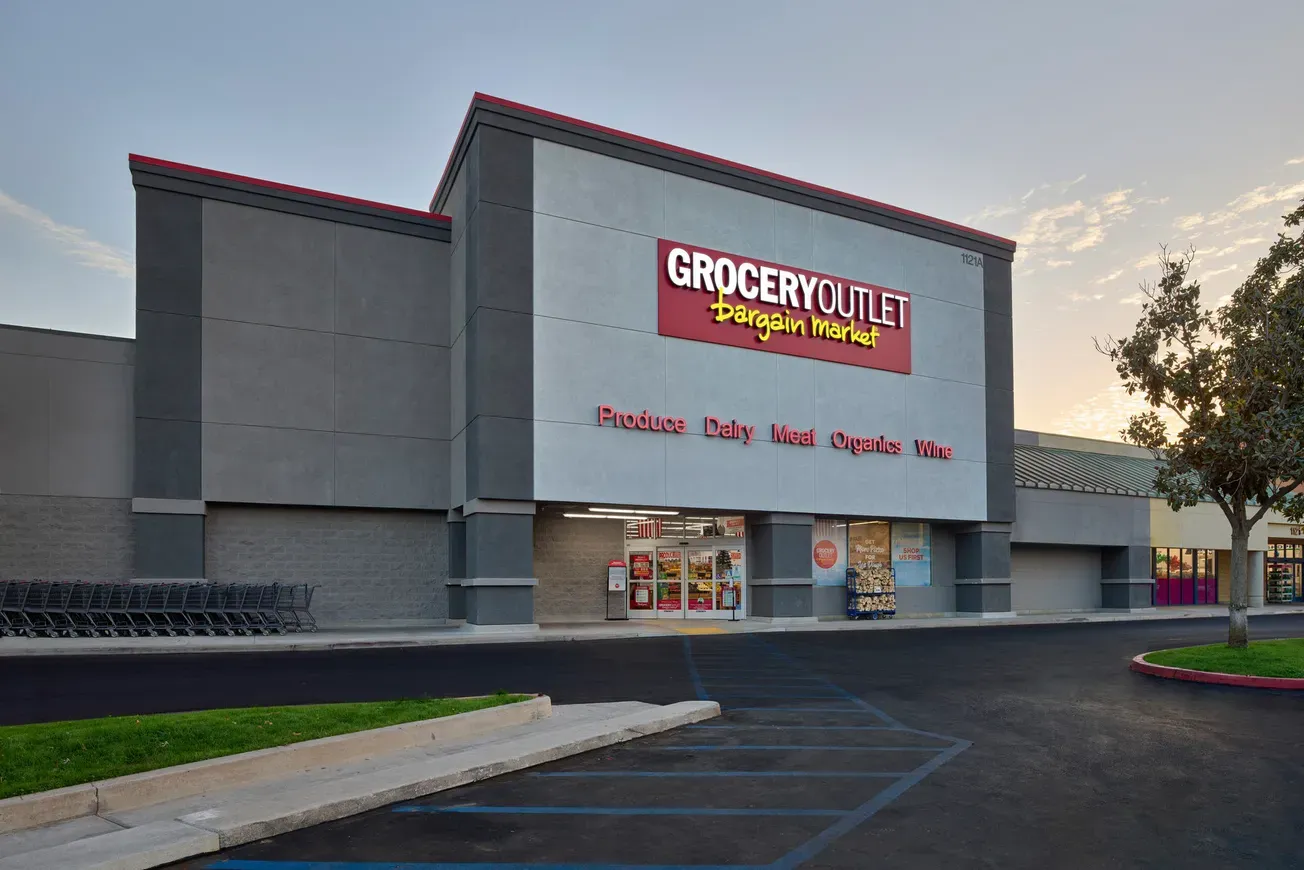PALM BEACH, Fla. — Community pharmacy has to continue to work to shape public policy to improve patient outcomes, executives at the National Association of Chain Drug Stores and members of its board of directors stressed at the association’s Annual Meeting here last month.
Community pharmacy has to continue to work to shape public policy to improve patient outcomes, executives at the National Association of Chain Drug Stores and members of its board of directors stressed at the association’s Annual Meeting here last month.
While acknowledging that past efforts to educate lawmakers about the role pharmacy can play in controlling health care costs have been successful, more work needs to be done, they stressed.
"It’s the difference between one model focusing on outcomes and total health care spend, and another commodities-based model focusing only on drug spend and not the total health care cost," incoming NACDS chairman Bob Narveson said.
The focus on outcomes and the ability of pharmacy services to reduce total health care costs will continue to become more significant as the population continues to age and more people get health coverage.
"I often cite the words of the late C. Everett Koop, former Surgeon General of the United States: ‘Drugs don’t work in patients who don’t take them,’ " Narveson said. "Great statement! All we need is the access to the patient and programs that support adherence, and we can make it happen."
With NACDS celebrating its 80th anniversary at this year’s Annual Meeting, association president and chief executive officer Steve Anderson noted that the organization continues to adhere to its founders’ vision for an aggressive and forward-thinking association.
The recent debate over health care reform, he said, was a prime example of that approach.
"We didn’t engage in the political gamesmanship that surrounded the legislation, and we didn’t take a position on it as a whole," Anderson said. "But we improved the law governing pharmacy Medicaid reimbursement, and advanced medication therapy management in Medicare, among other programs. Much of the importance of the health care reform debate lies in the opportunity it presented to educate those in power about what pharmacy and suppliers do together."
However, Anderson warned those at the Annual Meeting that the federal government’s current fiscal concerns could jeopardize some of the advances made in the past few years.
For example, he said, the Obama administration’s 2014 budget proposal includes cuts to pharmacy Medicaid reimbursement that would undermine the current process of implementing the related provisions of the health care reform law.





